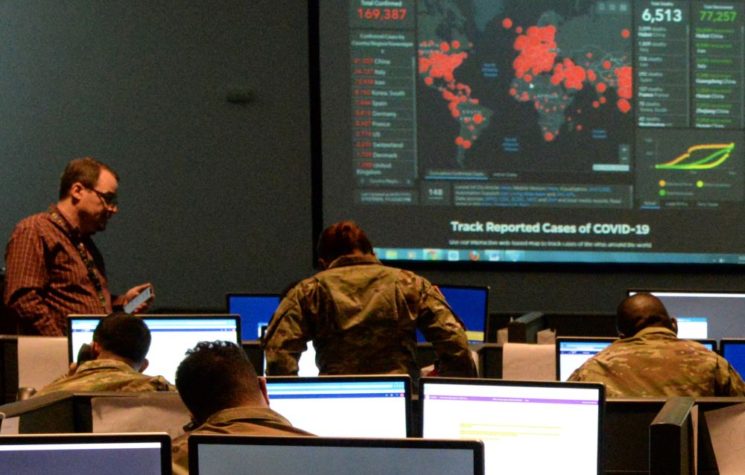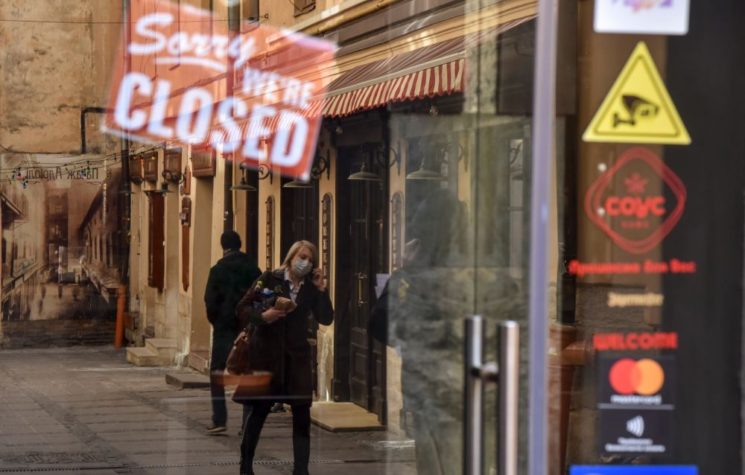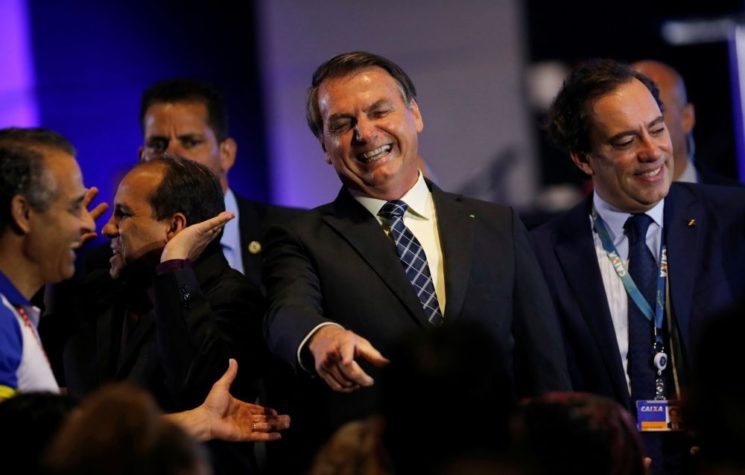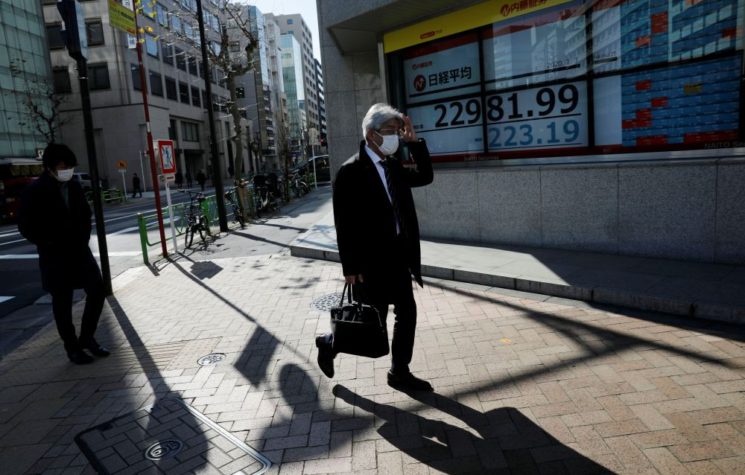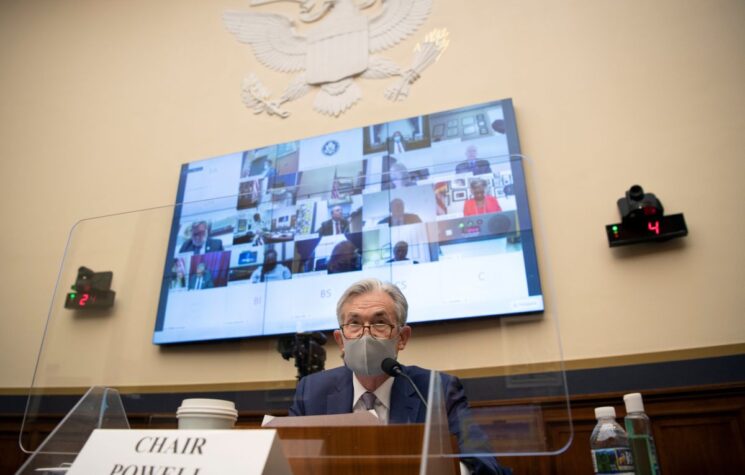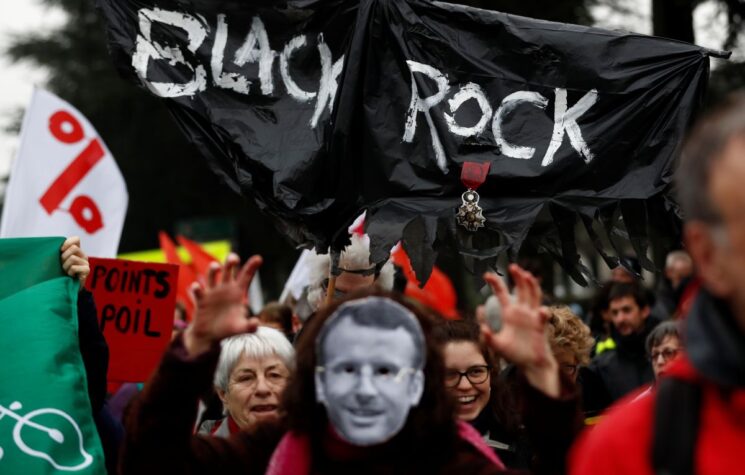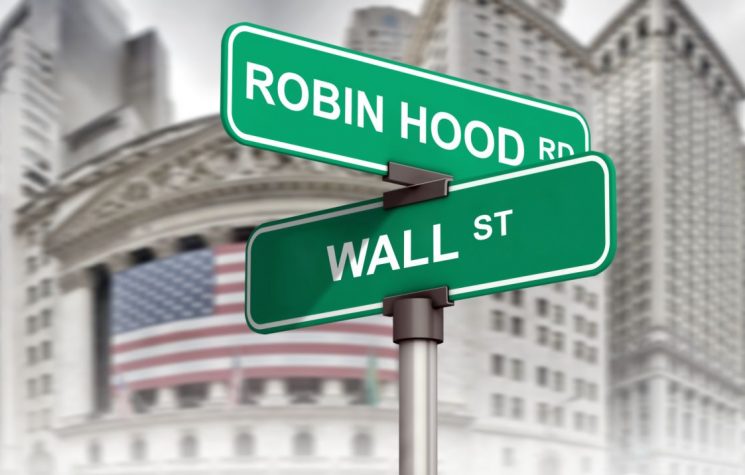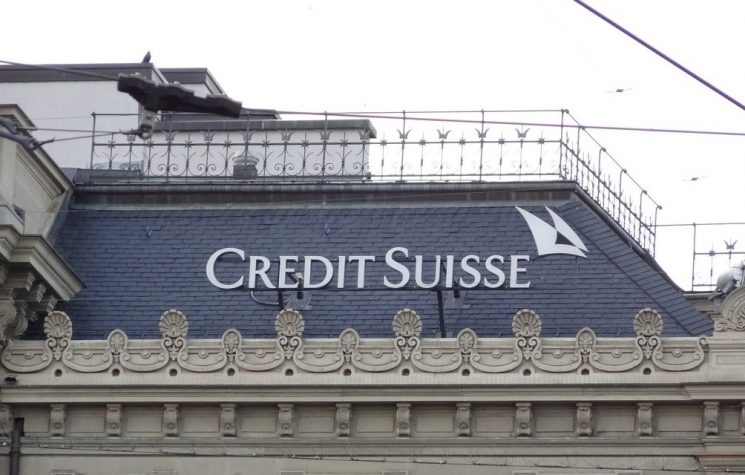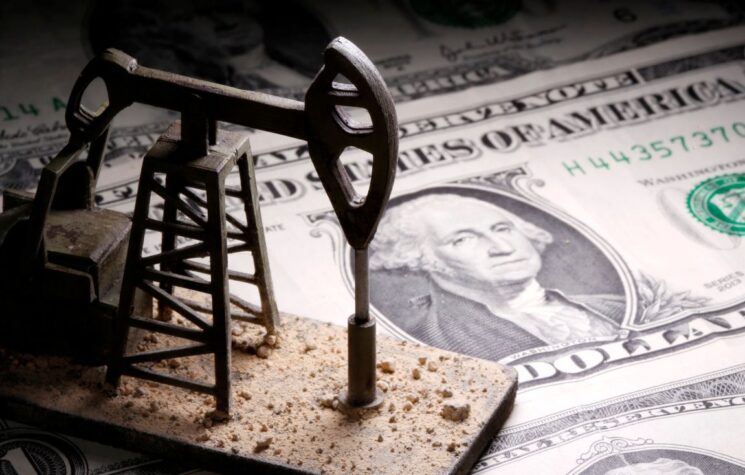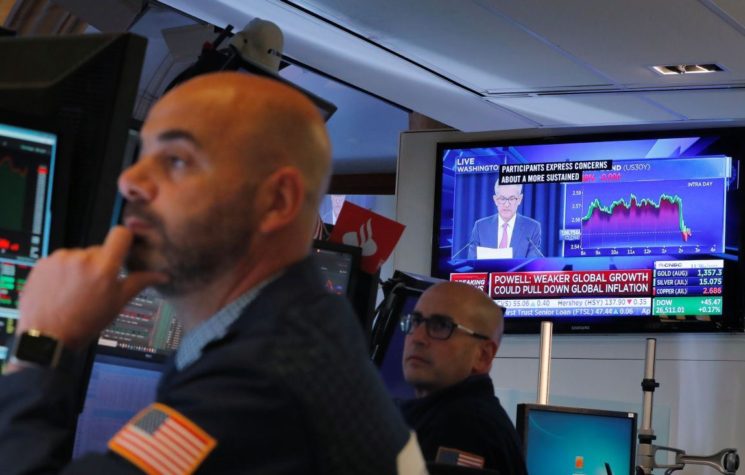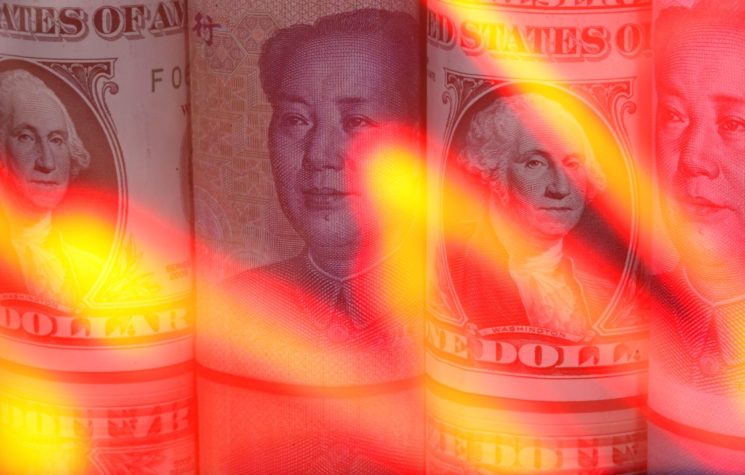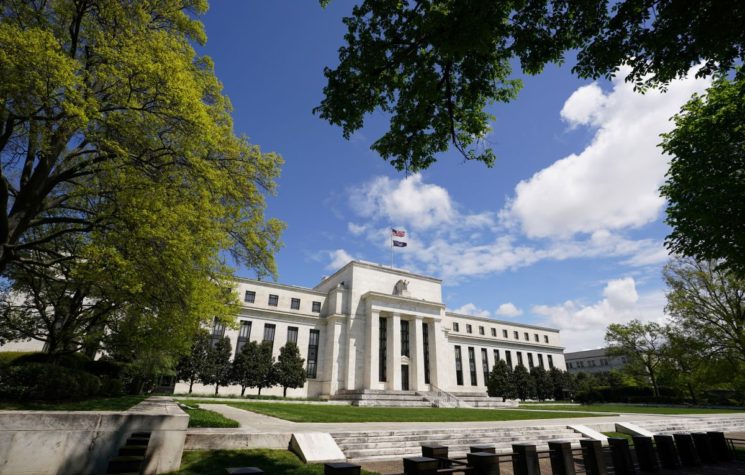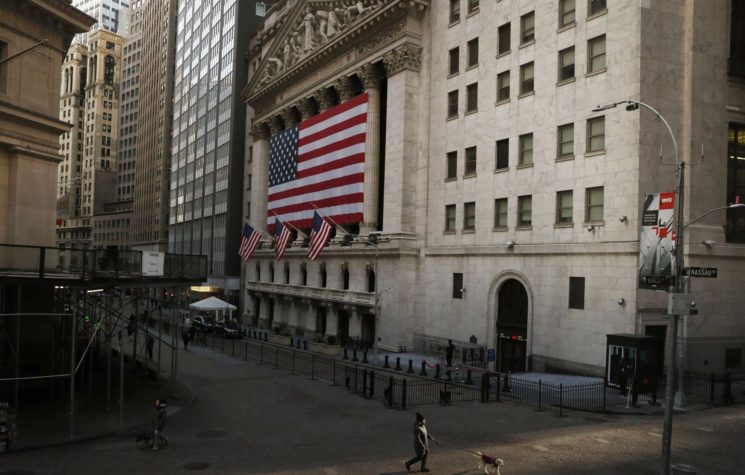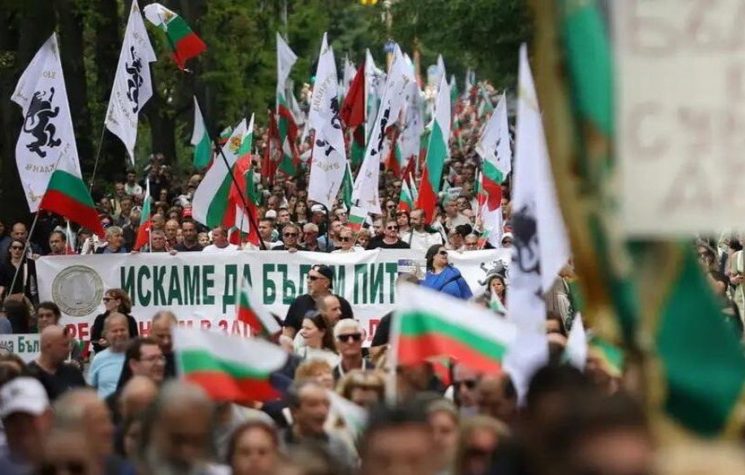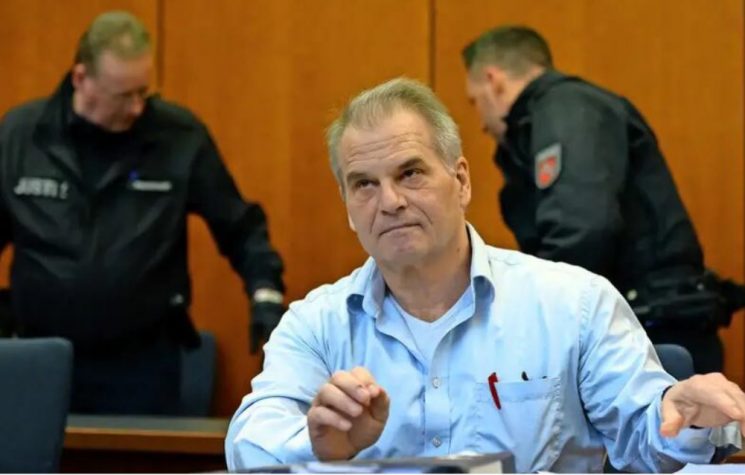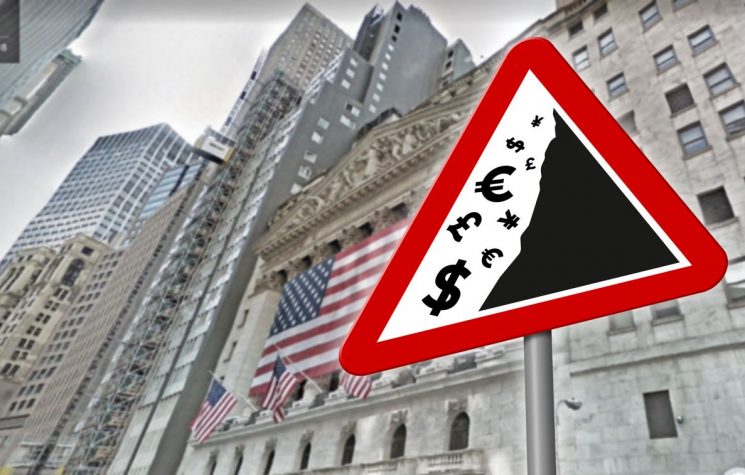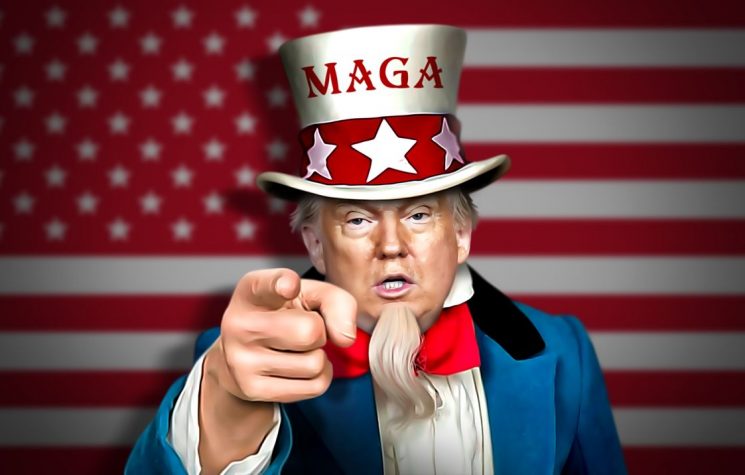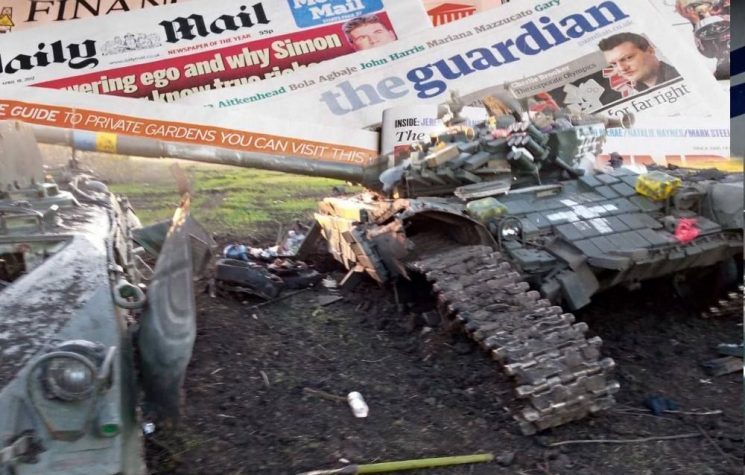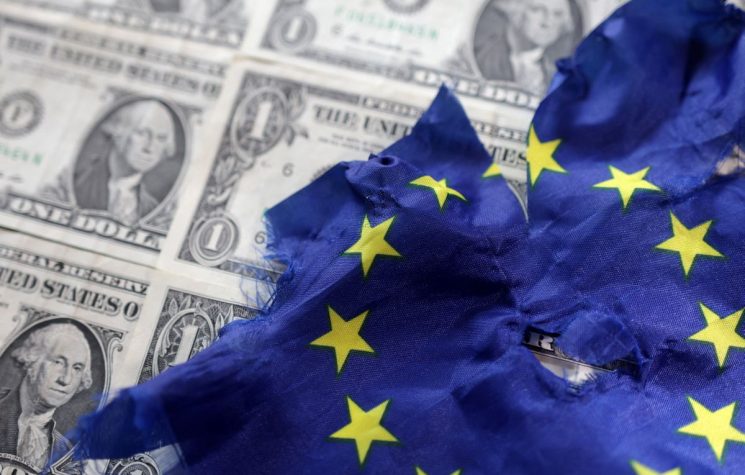We are at a critical moment in the history of politics and markets. Everyday the U.S. government stares into the fiscal and monetary abyss and chucks trillions in hoping that will be enough to finally fill it.
We stand by hoping that it will work to reflate markets collapsing from a catastrophic mispricing of assets. At least some of us do. I don’t.
I hope it fails and it’s because those inflated prices fuel the very global political order that is anathema to human advancement.
President Trump is finally happy with his FOMC chair, Jerome Powell, after he opened the door to unlimited quantitative easing, nearly unlimited liquidity injections via the repo markets, and taking interest rates to the zero-bound.
It’s clear that the Keynesians at the Fed and the U.S. Treasury Dept. have no answers to the problems in front of them. They are simply doing what they always do when a crisis hits. Print money and hope someone still believes the new money is worth buying.
The sudden supply and demand side shock to the global economy thanks to the COVID-19 coronavirus is outside of their frame of reference.
To best understand what we’re dealing with here you have to understand how these people think. Modern economic theory, based on John Maynard Keynes’ General Theory of 1936, imagines the economy as a bathtub.
And that bathtub is constantly draining as credit is destroyed. Money flowing out of the economy has to be replaced with a constant stream of new money, in the form of new credit, or the bathtub drains. The velocity of new money has to keep up with old money or the system drains.
When the credit markets through the transmission of new money through central bank policy cannot keep the bathtub full, governments are supposed to step up with fiscal spending in the form of deficits to make up the difference.
This is then supposed to stimulate aggregate demand and, in turn, the credit markets to keep everything running. This is done to chase an ever-larger global gross product as measured by total spending.
I’m not here to argue as to why this is patent nonsense. I’m going to state that it is. And I state this without reservation. Because it places zero value on the cost of stealing time from the productive portion of the society to reinforce the unproductive.
That’s why all money printing is fundamentally immoral. It’s thievery, transferring wealth from the holders of money, savers, to the holders of the new money.
That deflation the Keynesians are so afraid of is the cure to the malinvestment of capital resources incurred because of the last time the government intervened to refill the bathtub.
This system is ultimately a Ponzi scheme piling credit on top of credit until there are no more greater fools to sell the new debt to.
That’s the system we have. And it is collapsing precisely because the world is situated at the point where there is little more productive capacity to monetize and pull that capital from the future to fund the new debt.
It won’t matter if we replace this system with pure helicopter money without debt as the Modern Monetary Theory proponents argue. We’re already doing a version of this by having the central banks buy debt they never intend to sell on the open market. So, the debt itself is without value. The money printed from those bonds is as much scrip as if the bond had never been issued.
But the time lost by people in pursuit of uneconomic ends by mispricing risk and servicing debt they are legally obligated to service is real.
So, ultimately, the difference at this point between what we’re seeing from the central banks now and MMT is a matter of accounting and definitions. But it doesn’t solve the basic problem that prices for things want to adjust downward.
And I remind you that Russian President Vladimir Putin understood all of this when he said no to OPEC+ and lower oil production. This pricked the so-called “Everything Bubble” and now the world is realizing just how important it is for capital markets to reflect the actual goods and services produced by the global economy not a financialized multiple of that value thereof.
It’s important to make this distinction now because as a hard money advocate and Austro-libertarian thinker it is my duty to counter the rising cries for someone to save us from the evil monster of deflation.
Those most vulnerable to this deflation of asset prices are the very people who own most of those assets and use them as cudgels to beat down those who oppose them — think Iran, Venezuela and, most openly, Russia.
The good news is that they can’t stop the deflation. Quantitative easing is, in the real world, deflationary because it signals to markets that the central banks are so scared of the future that it cannot be trusted to market forces. This feeds the fear and causes people to hoard money they feel is undervalued, thereby exacerbating the cycle.
And today those monies are the U.S. dollar, gold and, to a lesser extent, Bitcoin.
So, the Fed fired its bazooka. Congress fought for a couple of days in deciding how it would provide its support through government means (fiscal policy) and refill the bathtub.
The rest is now a question as to whether anyone still believes this makes any sense anymore.
The ECB has yet to truly act other than to intervene in the sovereign debt markets to keep rates from exploding to the upside. The Fed has the floor right now, the ECB is waiting in the wings. It will have to act soon as Italy’s economy goes into freefall and its insolvent banking system has to find a way to survive.
Because the reality is that what is really on trial here is the idea that any of these people in charge have, collectively, one single clue as to what to do to stave off a complete collapse in confidence.
I would like to think that they do, that they know in their heart of hearts that I am right and allowing asset prices to deflate is the cure and the inflation of prices has been the real disease we should be fighting alongside COVID-19.
And the main reason they will not allow that deflation is because it directly threatens their personal power base and the fundamentally unfair system they have profited from through the extraction of unearned wealth at the world’s expense.
I believe some of them understand this dynamic. The true vultures, like George Soros and Paul Singer, I’m sure do. But the vast majority of these people in charge in both Europe and the U.S. believe what they were taught about the economy in college and today execute plans based on what they have been miseducated in.
And that actually scares me far more than if they were doing this out of pure malice.
Incompetence honestly applied is far more dangerous than honest evil disingenuously applied. Because in the former environment the purely malicious can operate with few if any controls.
The world is changing before our eyes while we hide out in our homes hoping not to catch a virus that won’t do more than inconvenience most of us. But we are still at a crossroads. Putin set us on the path to choose deflation, he understood the problem as I am presenting it here.
Now will we take the opportunity handed to us and tighten our belts, demand debt liquidation, corporate bankruptcies and a complete reshuffling of the global capital order?
Or will we choose to be complicit in debasing our ourselves through access to the printing press, actively devaluing our time and labor by accepting digits added to our bank balances which no one sweated or worked to produce?
Bankruptcies or bailouts? That’s the question you should be asking yourself. You can’t bail out Main St. without bailing out Wall St. To bankrupt Wall. St. and all that it funds a lot of us will have to be bankrupted as well.
Are you willing to take that pain to stop the money machine that funds the death and destruction? If not then you aren’t serious about wanting it to end.
And that’s the real crossroads we have come to, the one where we realize there is no such thing as a free lunch and our inaction to this point makes us culpable for what has been done.








